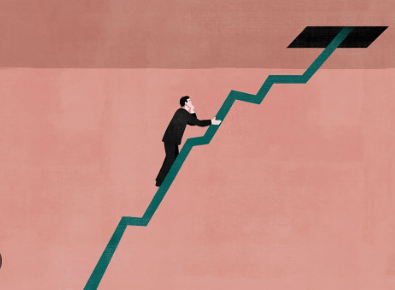To avoid a phenomenon known as the ‘middle-income trap’ – wherein countries experience stagnating growth and fail to transition into high-income status despite positive economic indicators – adopting new growth strategies such as ‘tech-infusion’ is crucial.
The World Bank’s World Development Report 2024 comes as we reel from high public debt and moderate growth rates which threaten our long-term economic aspirations.
Indeed, the World Bank believes the next few decades represent a critical juncture for middle-income countries – like Ghana, for instance. This is because these nations now face the daunting task of transitioning to high-income status.
This calls for a shift from traditional investment-focused approaches to a more innovative, technology-driven economic model.
At the heart of this strategy is ‘tech infusion’ – the integration of cutting-edge technologies such as artificial intelligence, automation and biotechnology across key sectors including manufacturing, agriculture and healthcare.
Chief Economist-World Bank Indermit Gill, observed that Ghana’s growth has been positive, but it needs to accelerate without resorting to excessive borrowing. He emphasised the need for countries like Ghana to move from focusing solely on investment to strategies that emphasise both technology infusion and innovation.
Mr. Gill said that Ghana must carefully manage its public debt relative to Gross Domestic Product (debt-to-GDP) ratio while fostering an environment conducive to private investment – a delicate balance that has eluded many middle-income nations.
The World Bank official noted that countries which have successfully transitioned to high-income status, such as South Korea, sustained rapid growth for several decades.
The ‘2i’ strategy calls for countries to combine investment with technology infusion; ensuring that foreign technologies brought in are effectively adapted and used domestically. It is believed technological diffusion could significantly boost productivity and growth.
The ‘3i’ strategy integrates investment, infusion and innovation to achieve high-income status.
In fact, Ghana has been classified as a lower-middle-income country for over a decade but still faces unique challenges.
Director-Institute of Statistical, Social and Economic Research (ISSER), Professor Peter Quartey, concurs but adds that Ghana needs intentional policies to drive its economic transformation.
The country’s reliance on raw material exports and insufficient investment in key sectors such as technology and agriculture appears to be our nemesis.
He also emphasised the importance of a long-term development plan, noting that frequent changes in government policies have impeded the nation’s progress.










